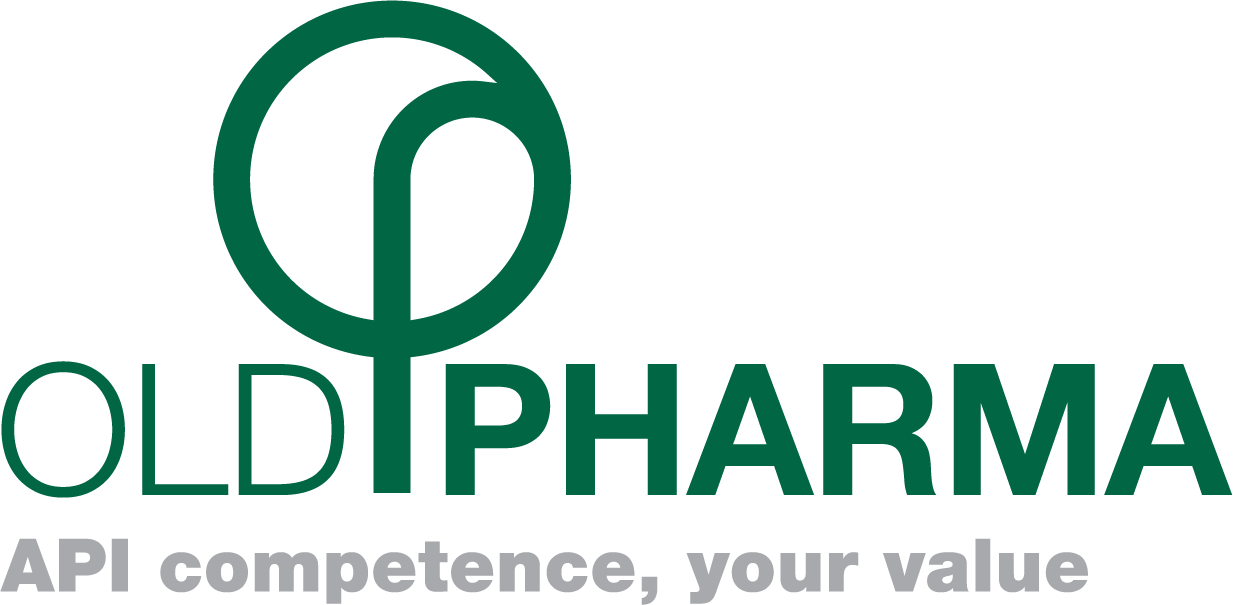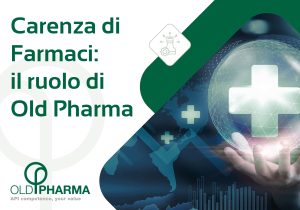The pharmaceutical industry is undergoing a radical transformation, and at the heart of this evolution lies Artificial Intelligence (AI) and Generative AI (GenAI). Once considered futuristic, these technologies are now creating tangible impact across the life sciences value chain—from drug discovery to commercialization. But how can companies in the sector fully harness AI’s transformative potential?
Recent Deloitte research suggests the opportunity is immense. A top-10 biopharma company with average annual revenues between $65–75 billion could unlock $5 to $7 billion in value over five years by strategically scaling AI use cases across the enterprise.
Where AI is Delivering the Most Value
AI’s most significant contribution is in Research & Development (R&D), where it accounts for 30–45% of potential value. AI applications in this area include:
- Drug discovery acceleration, where machine learning models identify promising compounds faster than traditional methods.
- Clinical trial optimization, where AI can help recruit patients more precisely and predict trial outcomes.
- Scientific literature summarization, enabling researchers to process massive volumes of data quickly and make faster, evidence-based decisions.
In Commercial operations, AI and GenAI are enhancing personalization and compliance, accounting for 25–35% of the total value potential. From predictive analytics for patient behavior to marketing material generation and review (e.g., MLR optimization), companies are using AI to boost patient conversion, reduce time to therapy, and accelerate go-to-market strategies.
Manufacturing and Supply Chain functions are also benefiting. Here, AI is used to reduce production cycle times, identify and remediate quality events, and enhance inventory planning. GenAI tools can help investigate supply deviations and improve regulatory compliance—critical in an industry where misclassifications can have severe implications.
Finally, enabling functions such as Finance, IT, and HR, though smaller in direct value contribution (5–15%), offer fast and measurable efficiency gains. AI-powered contract analysis, employee upskilling with prompt engineering, and AI-generated content for internal and external communications are helping these areas evolve rapidly.
From Proof-of-Concepts to Strategic Transformation
Despite the buzz, many companies still find themselves stuck in a loop of pilot programs and proof-of-concepts. Deloitte urges a mindset shift: treat AI not as a tool, but as a strategic capability. To transition from experimentation to enterprise-scale transformation, companies must evolve in several dimensions:
- Mindset: Move from short-term thinking to long-term investment in strategic AI capabilities.
- Culture: Equip employees with AI skills, embedding it into everyday workflows.
- Governance: Create minimum viable governance structures to oversee ethical use, manage risks, and accelerate decision-making.
- Execution: Align business and IT teams toward shared AI value goals using a “two in the box” operating model.
The Power of “No Regrets” Bets
For organizations just starting or looking to scale responsibly, Deloitte recommends focusing on “no regrets” AI use cases. These are initiatives with low complexity and high potential return, offering fast value realization with minimal risk. Examples include:
- Automated drafting of clinical study reports
- AI assistants for SOP management
- GenAI-driven quality event identification
- AI-enhanced contract performance advisors
These use cases can deliver rapid ROI and serve as internal proof points to drive broader adoption.
A Digital-First Future for Life Sciences
The future of pharma will be digital-first, and AI is at the core of this evolution. As outlined in Deloitte’s Life Sciences Outlook 2025, the sector is moving toward a more connected, data-centric ecosystem. Companies that adopt AI today will be better equipped to respond to complex market dynamics, rising patient expectations, and increased pricing pressure.
Moreover, end-to-end digitalization of the biopharma supply chain is no longer optional. AI can transform supply chains into more predictive, resilient, and responsive networks. From clinical trials to post-launch monitoring, digital solutions will underpin the next generation of therapies and patient engagement models.
The Time to Act is Now
AI is not just a technological upgrade—it’s a strategic imperative. For pharmaceutical companies, now is the moment to move beyond pilots and take bold steps toward embedding AI across the enterprise.
Success will require visionary leadership, thoughtful investment, and a commitment to cultural change. But the rewards are substantial: improved patient outcomes, faster innovation cycles, and a stronger, more agile organization.
Those who start today will define the future of life sciences!
Sources:
- Deloitte, Realizing Transformative Value from AI and GenAI in Life Sciences (2024)
- Deloitte, Tendenze dell’Industria Life Sciences
- Deloitte, Life Sciences Outlook 2025
- Deloitte, Measuring Return from Pharmaceutical Innovation 2024
- Deloitte, Digitalizzazione della Supply Chain Biofarmaceutica




